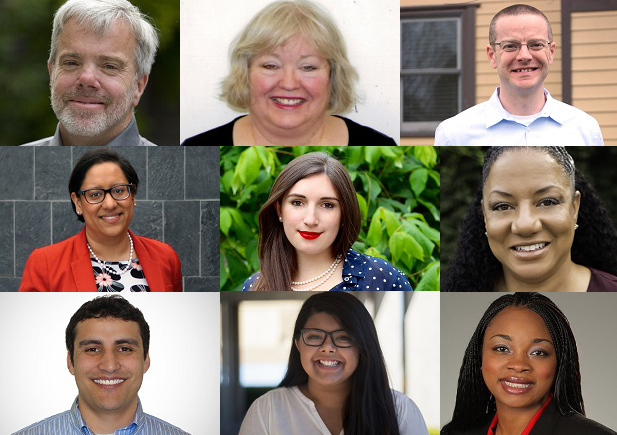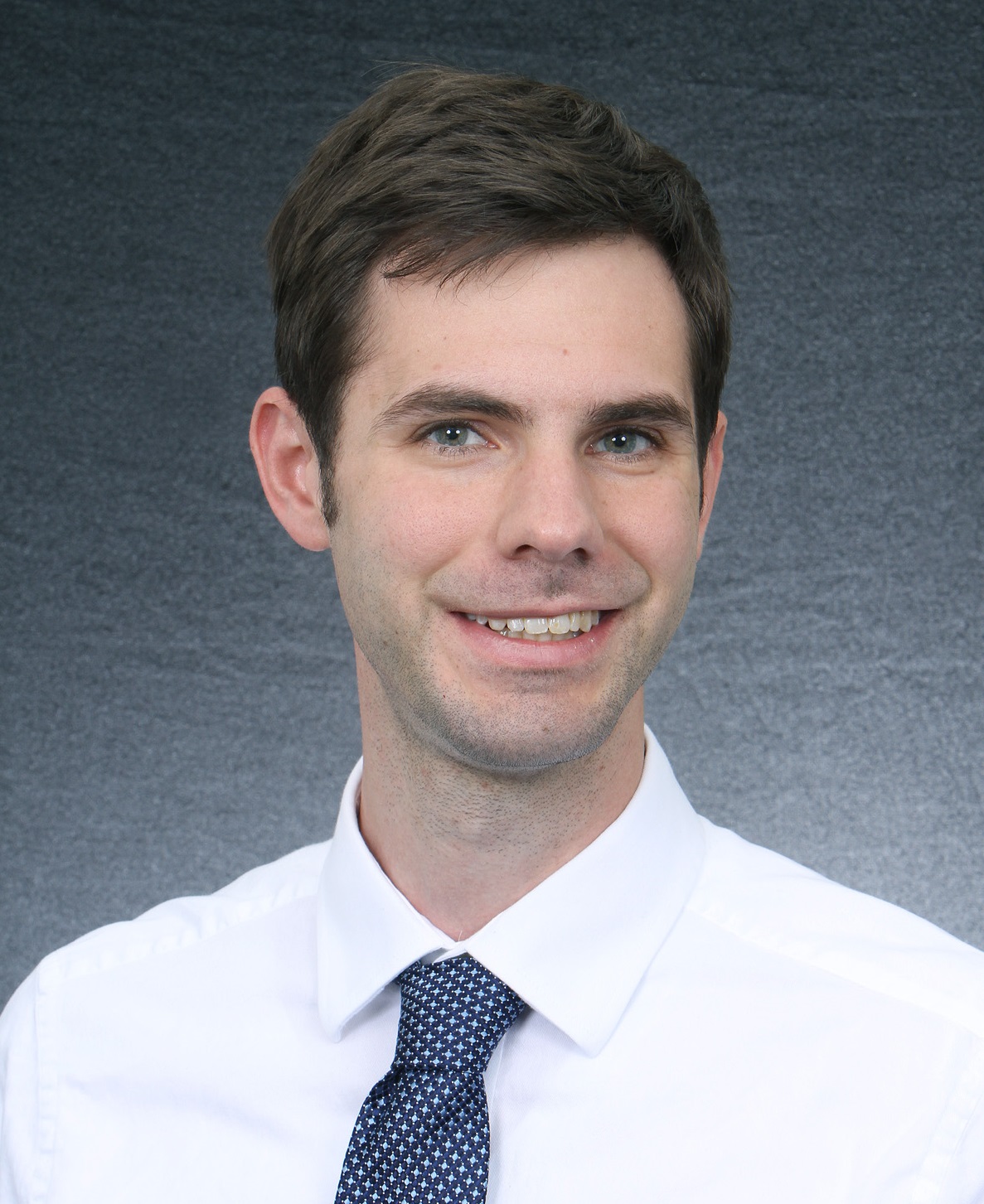 |
|
Martinez: “I wanted to cry, but I was too happy.” |
Kauffman Scholars might have saved Rene Martinez’s life.
On a Friday night in March 2009, Martinez was attending a Quinceañera (a 15th birthday party) when some of his friends invited him to go to another party. Martinez declined, because the next day he had to attend his Saturday morning class for Kauffman Scholars, in which he had been involved since seventh grade.
His friends who went to the party ended up fighting a pair of youths at a park in nearby Independence, Mo. They went at the request of an associate who was challenged to a fight by his ex-girlfriend’s boyfriend for sending the girl a text message. At the end of the fight, a youth who had accompanied the boyfriend lay mortally wounded, shot several times. Police said the slain youth had no connection to the fight.
Now four youths – including Martinez’s friends – face trial for murder.
Martinez’s experience shows one way that college access programs that engage youth can help keep them away from violence. “I probably would have been there [at the shooting], because I would have been at that party that they were going to,” he said. “I didn’t go because I had Kauffman the next day.”
The annual cost to support a Kauffman Scholar is $4,700. That’s less than one-third the $16,456 cost of keeping one person imprisoned in Missouri.
Martinez admits that he made decisions throughout his time in Kauffman Scholars that could easily have led to a negative outcome, specifically his association with a Kansas City, Mo., street gang known as the East Side Locos. Though never formally a member, his association was close enough for street justice.
“Whenever something happened, I would have to react like I was [a member of the gang], because I was there,” Martinez said. “I don’t claim East Side, but if [rivals] drive by and shoot at us, you can’t say, ‘I’m not East Side, don’t shoot me,’” Martinez said.
Rejection and Redemption
Hanging out with a gang ultimately caused Martinez to be dismissed from the program after his grade average slipped below a C. He was four years into the program, and quickly realized what he had lost.
“I didn’t want to let down my parents,” he said. Salvadoran immigrants, they were so proud of his involvement in Kauffman Scholars that they would tell anyone who listened that their son had a four-year scholarship to college.
But there was a way back in. He wrote a persuasive essay to “Doctor Green,” the title by which youths in Kauffman Scholars refer to CEO R. Stephen Green, about why he should be permitted back into the program. He recalls the episode vividly.
“I even dressed up in a good suit to go give it to him,” Martinez recalls. “When I got a call from him, we all went, me and my parents. We sat down and talked to him. He said how you don’t get a second chance in life all the time, how he was giving me a second chance.
“I just hugged him. I wanted to cry, but I was too happy. It was something so big to me when I got back in. I just kept my grades up.”
Now a student at Penn Valley Community College in Kansas City, Mo., Martinez is considering a career that would undoubtedly draw from his youthful encounters with violence and gang life: police officer.





























